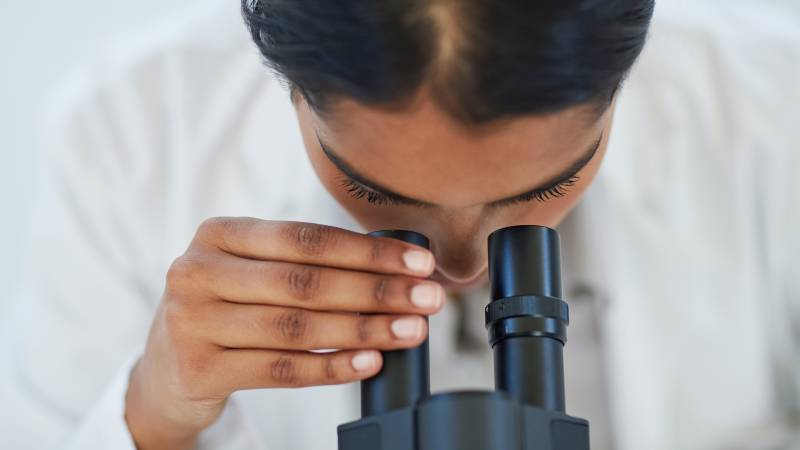Heart-on-a-Chip Accurately Assesses Drug Effects in Humans

Study in a Sentence:
Using a heart-on-a-chip system researchers from TARA Biosystems, Inc., and GlaxoSmithKline have replicated drug responses found in humans, demonstrating that this technology can predict how human hearts will respond to a wide range of drugs, something that has been a major obstacle in other models.
Healthy for Humans:
Drugs go through rigorous preclinical safety trials before ever being tested in humans. Yet cardiac toxicity is responsible for almost half of new medicine recalls. Using human-derived induced pluripotent stem cells, researchers created a physiologically relevant human tissue model and used it to test drugs with known effectiveness and toxicity levels in the human heart.
Redefining Research:
This research demonstrates the efficiency of using this heart-on-a-chip system to accurately assess the effects of novel compounds on the human heart. The model allows researchers to better study new therapies and identify potentially cardiac-toxic compounds earlier on in the drug development process. The researchers also suggest that the human-based technology can be used to create different heart disease models, using induced pluripotent stem cells from patients.








